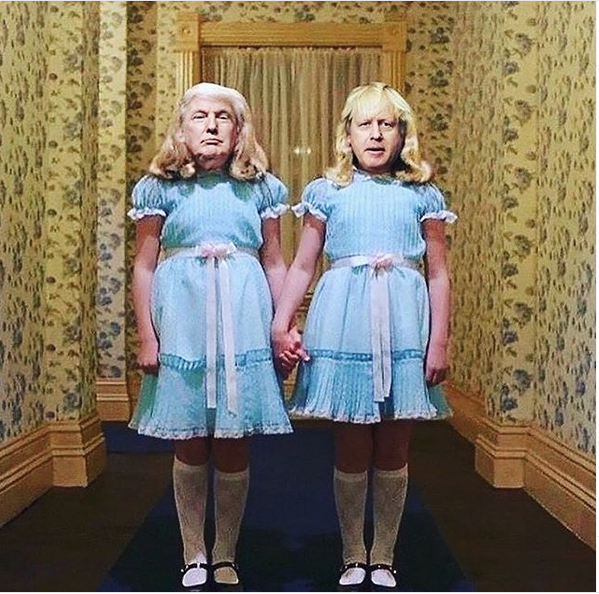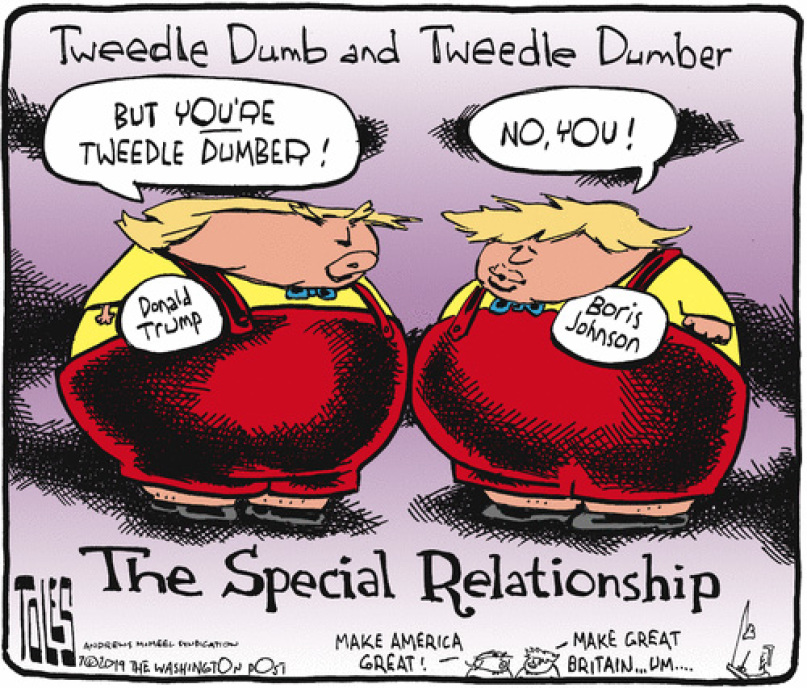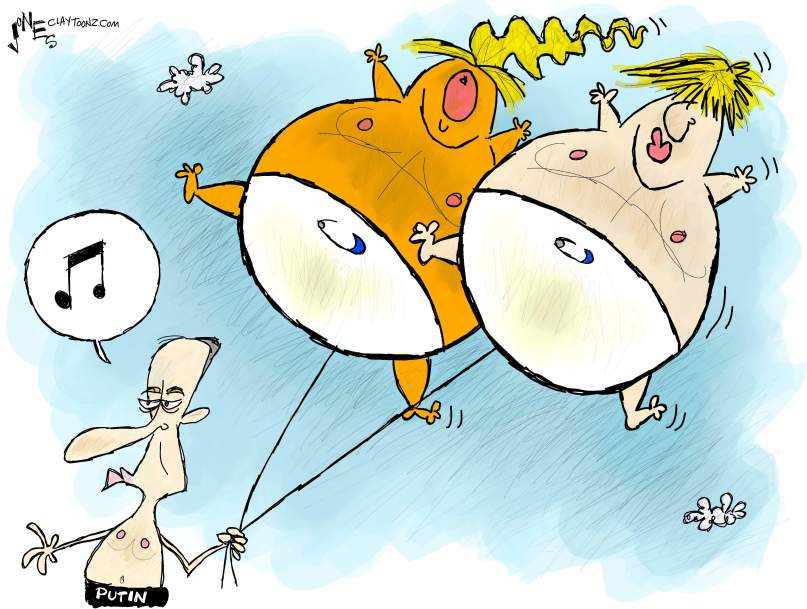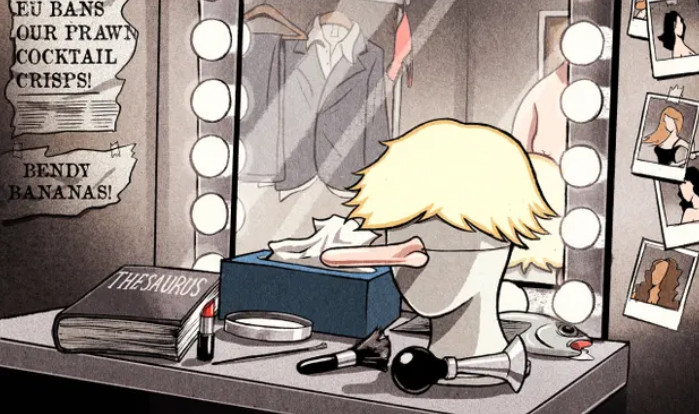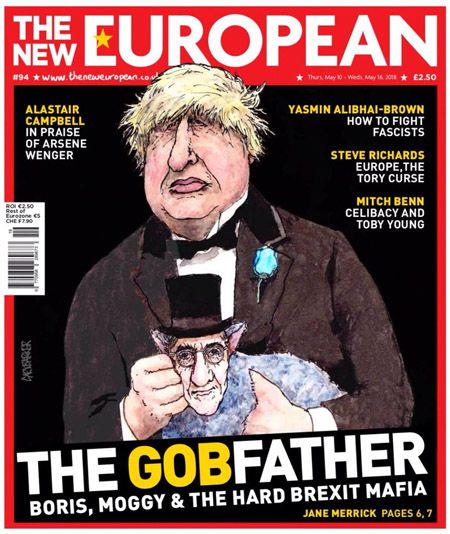SJB:GV27:elpenguino:I simply can't understand Brexiteer's aversion to the European parliament. As the world battles with serious problems like climate change, countries need to work together more, not less.
Because the idea of working with people you continue to willingly hold onto age-old stereotypes about (distrustful Germans, lazy Greeks, corrupt Italians) is something they can't do unless they choose to move out of the 1950s.
It sounds dumb, but watch any sport where a British athlete ends up against a German rival. It quickly becomes unwatchable for anyone who doesn't buy into 'British is best' jingoistic rubbish.
Can I assume that neither of you were born in Britain?
Britons that I knew in the many years I lived there never felt part of the European project. Most felt they had been conned into it by Edward Heath, the PM at the time, who was a through and through Europhile. When the referendum to join was carried out it was referendum on joining a trade organization not a political one.
The change to a political organization was made by various treaties between the member countries over the next couple of decades and the question of whether the people wanted that change was never tested by another referendum in Britain. More and more powers were devolved to the EU without the population ever being asked if that was OK with them.
It would be like New Zealand joining the TPPA and then 10 years later it transforms itself into a political organization without getting the agreement of any of the people. New Zealand then finds itself partly governed by faceless bureaucrats in Seoul or Melbourne. I don't think that would go down too well.
The issue of countries working together does not rely on the existence of the EU. In some case it could be a hindrance when trying to get the 27 member states to agree on an approach to a problem. That's unless you think it's OK for the EU to simply ride rough shod over local concerns to get their way.
Incidentally for a long time the European Parliament was just a talking shop with little actual power. That changed in 1999 when a scandal at the top level resulted in the entire EU commission resigning. The parliament now has broadly similar powers to the EU commissioners.
Your comment about sport sounds like it comes from the 1950's TBH. Nobody thinks or talks that way. The one sport where you might make that mistake is football where the rivalry between England and Germany is on a par with the All Blacks vs Australia or South Africa. But that is nothing to do with nationality and everything to do with the 1966 World Cup final and the subsequent World Cups where Germany always seemed to be knocking England out on penalties in the semi-final.
Unless you have a time machine and can experience the alternative no one can tell if Britain was better off joining the EU or not. Similarly, unless you have a crystal ball no one can tell if, in say 50 years, Britain would have been better off staying in or not.
The EU organisation is very complex and the decision making process is opaque. It makes decisions that definitely are not in its individual members best interests but are predicated on the benefit to the EU as a whole.
That said to suggest that the EU would give Britain a favourable deal to leave was naive at best or clueless) cynical at the worst.
Britain isn't a significant power anymore. It has a fairly big economy but one that is totally intertwined with Europe. Most businesses supply chains are built around an open Europe.
There is no benefit to the EU to give Britain a favourable exit so it will be painful. How Britain does that without breaking it's economy is anyone's guess.
Britain will have to face the fact that Brexit means significant short term pain. Until they accept that reality they will continue to go round in circles.


